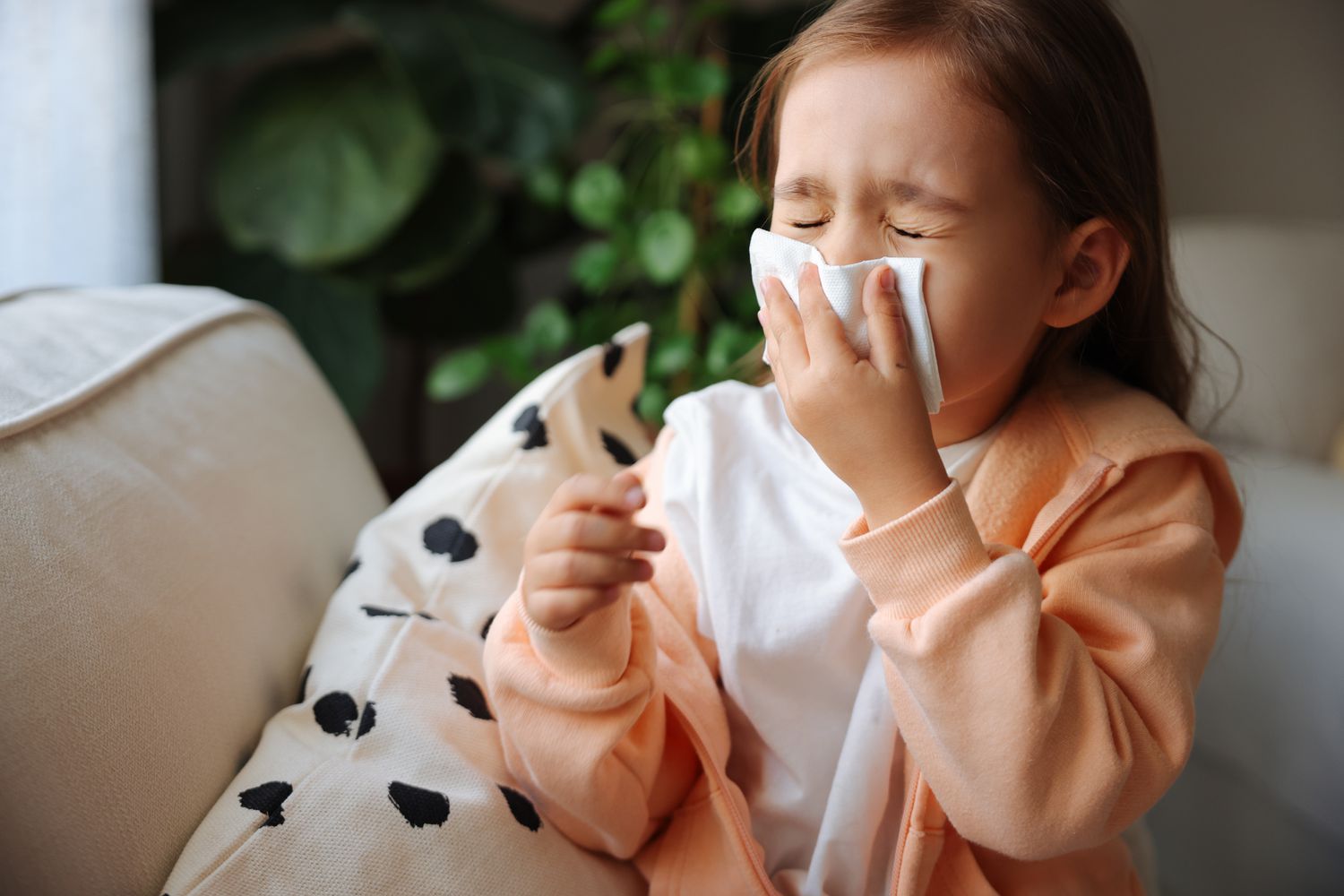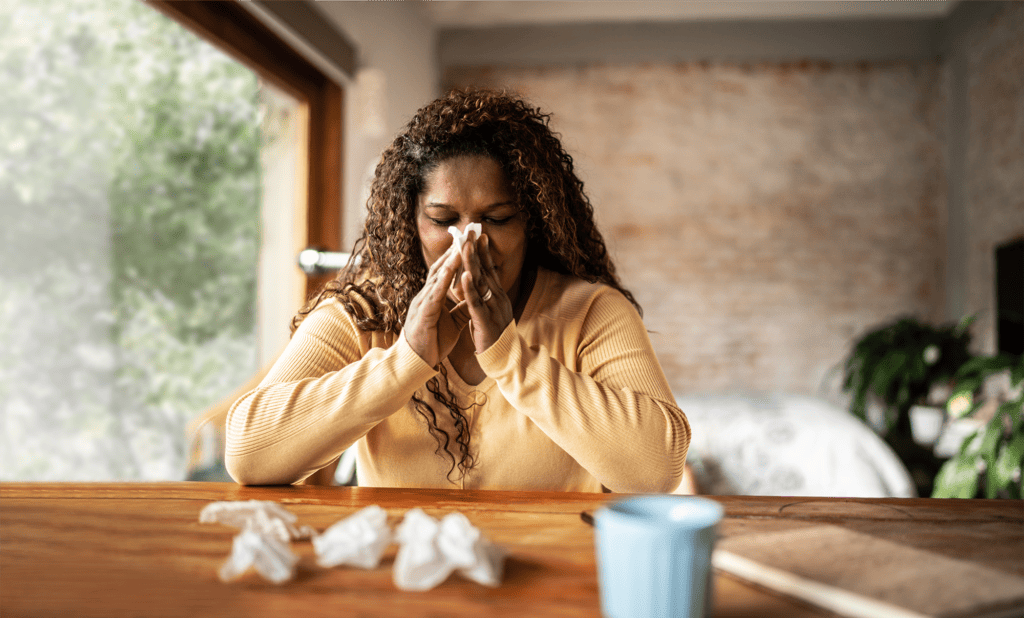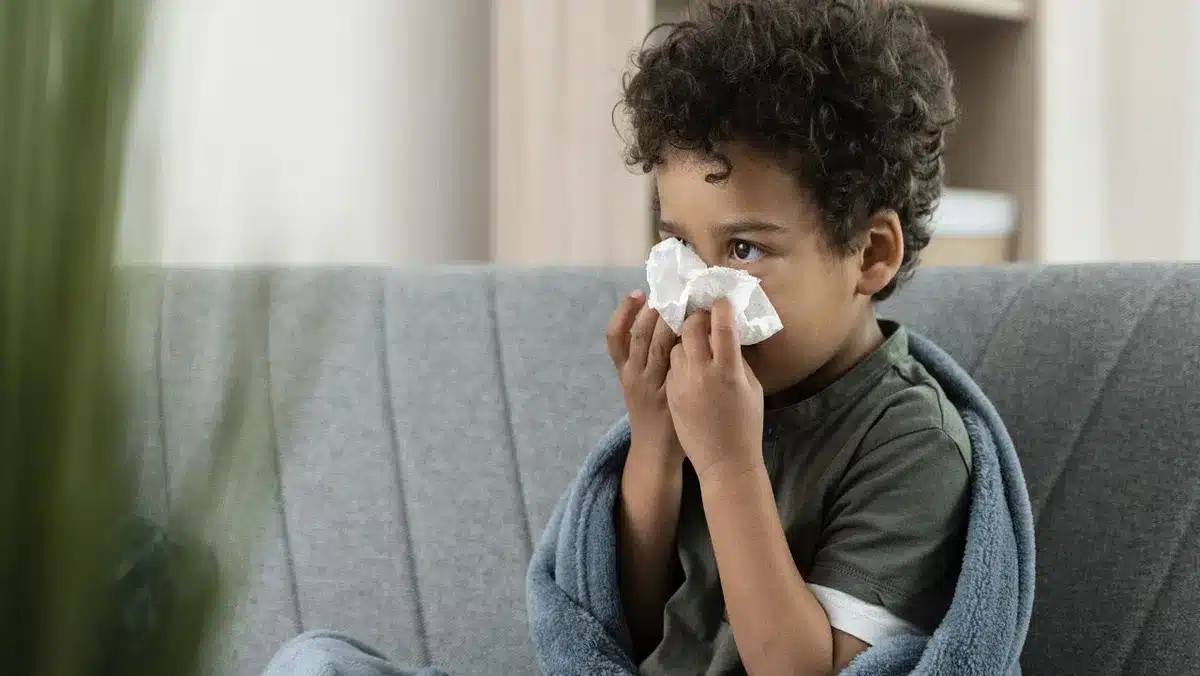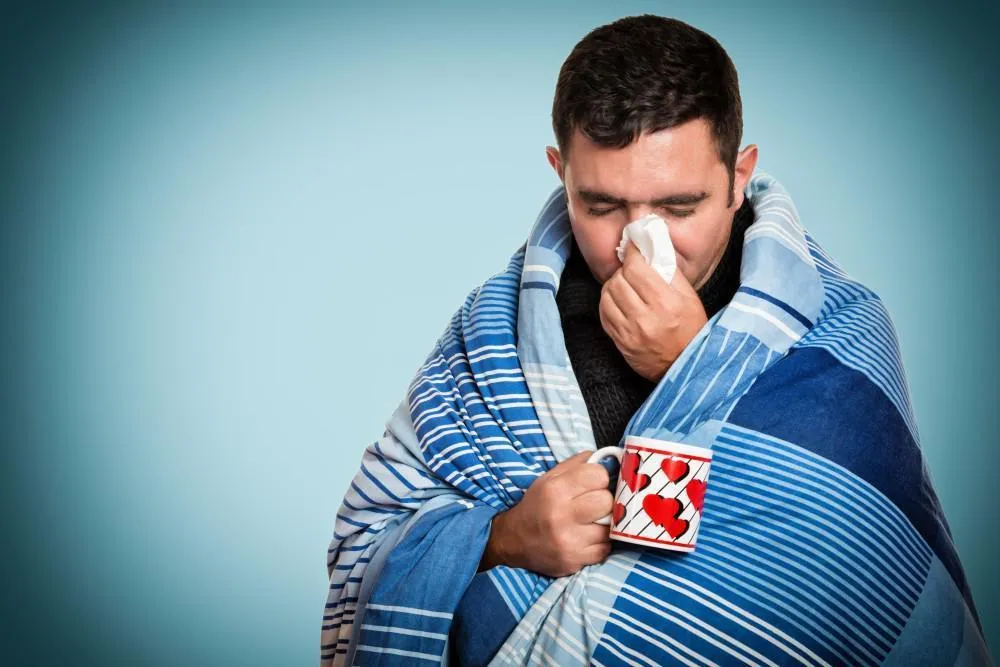The Differences Between Flu and COVID-19

At a glance, it can be easy to confuse the flu and COVID-19. After all, they’re both respiratory illnesses, they’re both contagious, and they’re both viral infections. However, despite these similarities, they also have numerous differences and can affect people in very different ways.In this blog, our team at All Day Medical Care Clinic offers these insights into COVID-19 and what sets it apart from the flu.
The similarities between COVID-19 and the flu
COVID-19 and the flu share many symptoms, including the following:
- Cough
- Sore throat
- Stuffy or runny nose
- Muscle aches
- Headache
- Fatigue
- Fever
- Nausea or vomiting, especially in children
- Shortness of breath or trouble breathing
Both of these viruses also spread through respiratory droplets. This can occur from inhaling droplets from an infected person or by touching an infected surface and then touching your eyes, mouth, or nose.
Both of these infections can also cause serious complications, such as pneumonia, organ failure, heart attack, and even death.
While COVID-19 and the flu share several characteristics, they also have numerous differences.
That’s because very different viruses cause each of these infections.
The differences between COVID-19 and the flu
COVID-19 is caused by a new strain of coronavirus called SARS-CoV-2, whereas the flu is caused by influenza viruses. These viruses move from person to person the same way, and you can spread both without having symptoms. However, COVID-19 appears to spread quicker and be more contagious than the flu. Here are some other differences:
Onset of symptoms
When exposed to the flu, symptoms usually develop within 1-4 days. However, COVID-19 symptoms can arise 2-14 days after exposure, though they typically set in by day five. It’s also common for people with COVID-19 to experience changes in their smell and taste.
Risk of complications
COVID-19 infections also come with increased risks of severe illness, such as lung injury. Unfortunately, that means higher mortality rates. Between January 2020 and early March 2021, approximately 525,035 Americans died of COVID-19. For comparison, the World Health Organization estimates that between 290,000 and 650,000 people die of flu-related illnesses worldwide each year.
Treatment
While the U.S. Food and Drug Administration (FDA) has approved prescription antiviral drugs to help manage flu symptoms, treatments for COVID-19 are still evolving. The antiviral agent remdesivir received approval under Emergency Use Authorization, but the FDA hasn’t approved any drugs or therapies to treat COVID-19.
Vaccines
The flu and COVID-19 also require different vaccines, and getting one vaccination won’t protect you from both infections. Your annual flu vaccine also doesn’t guarantee protection against contracting influenza, but it reduces your risk for infection and serious complications.
The FDA has given emergency use authorization for three COVID-19 vaccinations. Like the flu vaccine, they can prevent you from getting COVID-19 or help keep you from developing dangerous health complications.
Reaching a diagnosis
The only way to know for sure if you have COVID-19 is through testing. If you have symptoms, think you were exposed, or have a trip planned, contact our office to learn more about our screening options.
Testing for COVID-19 is quick and simple. Depending on the screening you need, you can have results within 15 minutes or 2-4 days.
To learn more about COVID-19, book an appointment online or over the phone with All Day Medical Care Clinic today.



















































